War contains so much folly, as well as wickedness, that much is to be hoped from the progress of reason
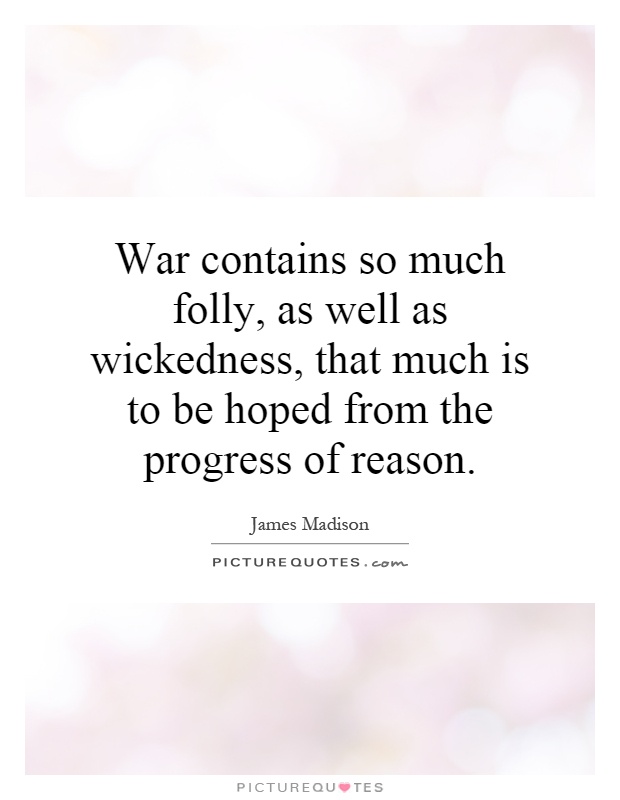
War contains so much folly, as well as wickedness, that much is to be hoped from the progress of reason
James Madison, the fourth President of the United States and one of the Founding Fathers of the nation, was a firm believer in the power of reason and the importance of avoiding war whenever possible. He understood the devastating consequences of conflict and the folly and wickedness that often accompanied it. In his writings and speeches, Madison frequently emphasized the need for diplomacy, negotiation, and peaceful resolution of disputes.Madison's views on war were shaped by his experiences during the American Revolutionary War and the War of 1812. As a young man, he witnessed firsthand the horrors of armed conflict and the toll it took on both soldiers and civilians. He saw how war could lead to destruction, suffering, and loss of life, and he was deeply troubled by the senseless violence and brutality that often accompanied it.
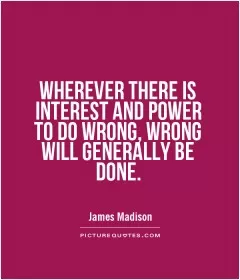
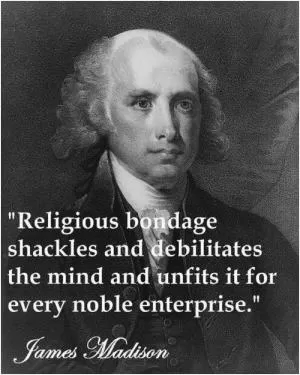
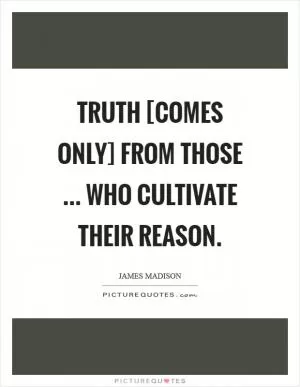
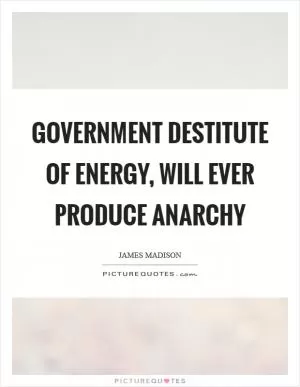
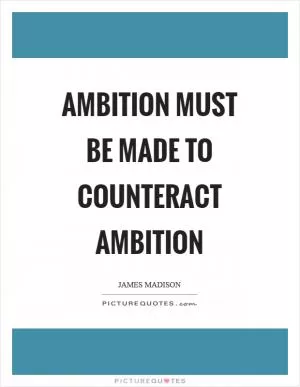
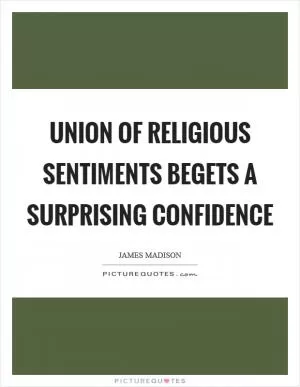
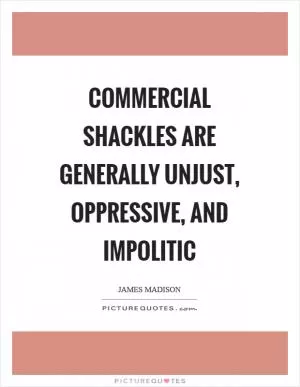
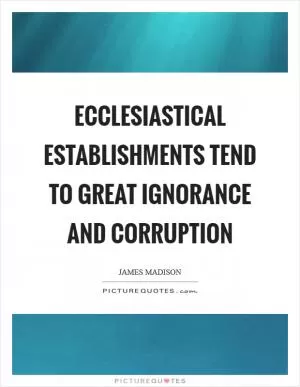
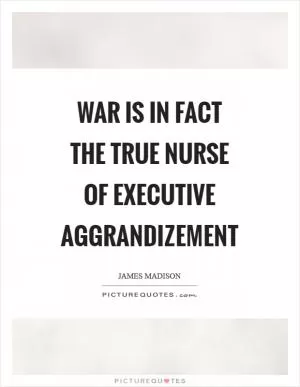
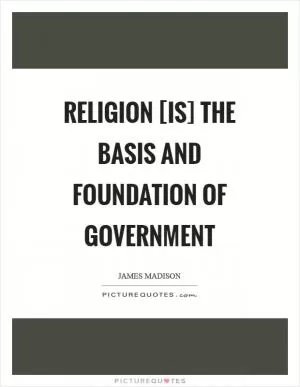
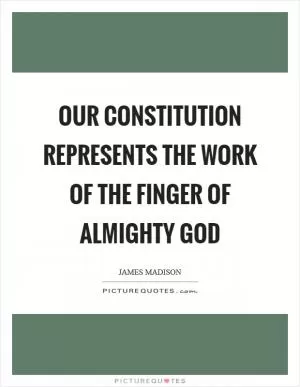
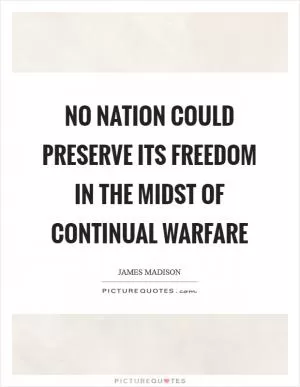
 Friendship Quotes
Friendship Quotes Love Quotes
Love Quotes Life Quotes
Life Quotes Funny Quotes
Funny Quotes Motivational Quotes
Motivational Quotes Inspirational Quotes
Inspirational Quotes